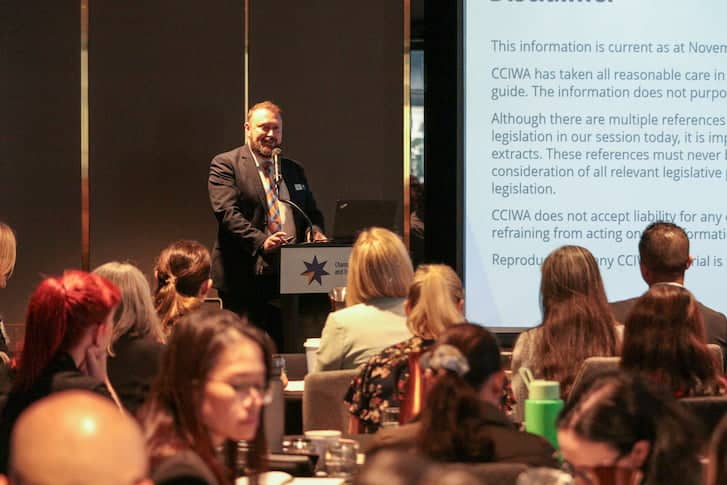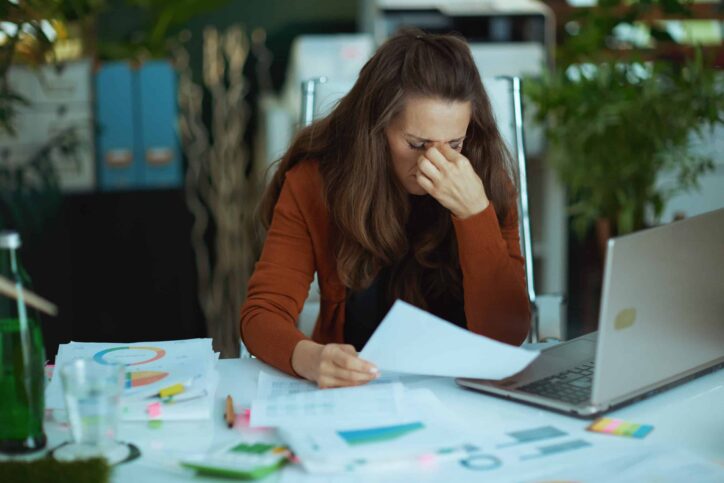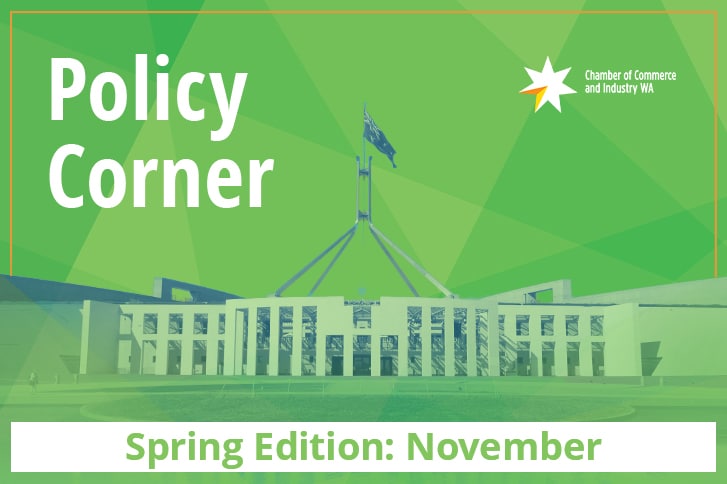Trade between Indonesia and Australia is set to flourish with the signing of the Indonesia-Australia Comprehensive Economic Partnership Agreement this month.
The trade deal – which has taken eight years to finalise – was signed by Australian Trade Minister Simon Birmingham and Indonesia Trade Minister Enggartiasto Lukita on March 4.
Interest by West Australian businesses in exporting to Indonesia is already on the rise with more than 1000 shipments recorded by CCIWA’s International Trade and Investment Centre (ITIC) this financial year.
“In 2018 we processed more than 1000 certificates of origin for about 80 companies in WA that were shipping into Indonesia but to date in 2019 we have almost reached that same level with another four months to go,” ITIC manager Mike Carter said.
“That tells me that already there is a growing level of awareness and interest from more small to medium enterprises in WA to pursue the trade opportunities in Indonesia and that see Indonesia as a stepping stone into the ASEAN region.”
Trade between WA and Indonesia is worth about $3.2 billion per year, which is about 20 per cent of Australia’s total value of imports and exports with Indonesia.
The Indonesian market is set to be the world’s fifth largest by 2030 and is one of the fastest growing economies in the Indo-Pacific.
“Indonesia is in fact our 13th largest market from which we import goods and merchandise from and given that Indonesia is one of our closest neighbours we should be doing more business with the market place. While our bilateral relationship is strong, it could be stronger,” Carter says.
“Now with the free trade agreement between the two countries there will be abundant opportunities for Australian companies, particularly in areas such as higher education and vocational education and training where knowledge gaps can be addressed with that pedigree of Australian education.
“In addition, as part of addressing Indonesia’s food security challenges, there is opportunity for greater exports of Australian processed foods, agribusiness commodities and for the deployment of Australian expertise in farming to work in collaboration with the Indonesian industry.”
He says smart city development was another opportunity for WA companies with capabilities in smart city development across technology, services and products such as security and surveillance, cyber terrorism, clean energy solutions and modern transport.
“There is also the opportunity for productive foreign direct investment from Indonesia to accelerate into the market place here, for example, businesses within advanced manufacturing to potentially see Indonesia as a gateway to the region.”
The new agreement will see 99 per cent of goods exports enter Indonesia duty free or with improved preferential arrangements and all of Indonesia’s goods exports enter Australia duty free.
Australia Indonesia Business Council National President Phil Turtle, who has been involved in the negotiations for more than 10 years, said the non-tariff measures offered more than just a free trade agreement and were on track to build a broader strategic partnership between the two nations.
He said the education, aged care and health care sectors were set to benefit from new levels of market access for services and investment, with guaranteed levels of Australian ownership outlined in the partnership. Professionals will also be able to access reciprocal skills exchange and enter each other’s country for six months.
“We are really encouraged by the language in the agreement that encourages Australia business and Indonesia businesses to work together and potentially exploit third markets within the ASEAN region,” Turtle said.
“When you look at the somewhat tumultuous global landscape and with our number one trading partner China presenting some challenges at the moment, we’d encourage businesses looking to diversity their portfolio of interests to look at Indonesia, which is tracking to be a top 10 economy.”
Find out more about the agreement on the Department of Foreign Affairs and Trade website. CCIWA works in collaboration with stakeholders including Austrade, Department of Foreign Affairs and Trade and the WA Government’s trade office in Jakarta.
► Grow import and export opportunities, better understand capital-sourcing options and become investment-ready with the help of ITIC’s experts.












